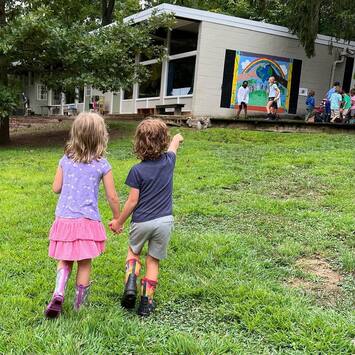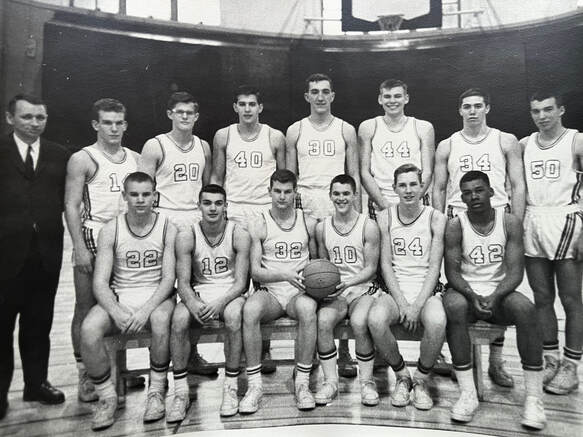|
Hands down the best thing about my book writing experience is reconnecting literally and spiritually with so many folks I met over my 76 years of life on earth. I had lost touch with two great friends from my college years - Eddy McCaul and Tim Stutzman. Chalk it up to the passage of time and inattention. Both were from Hyde Park, Chicago. Eddy was goalie on the Earlham soccer team varsity. A great one. Among other things we had basketball obsessions in common. And Tim introduced me to strategic borrowing of bicycles which enabled wild night time rides into downtown Richmond, Indiana where Earlham is located.
I just forwarded to both of them copies of Sometimes David Wins. I hope they read it (and review it on Amazon if so inclined). Yes, I'm very curious about their reactions.
0 Comments
For me, that included skills that were foreign to my parents - like shop. The principle (Grace Rotzel) wrote in 1934: “The shop is the center of the school. Working with tools furnishes one of the best disciplines a school can offer. Up to this point in a child’s life, his discipline has come almost always from some person emotionally close to him. With things like tools, he is free to impose his own discipline. He wants the result, or frequently, in a very young child, he merely wants the satisfaction of the act of sawing and hammering. In any case, the desire to make things is so general in children that they are willing to go through much hard work to reach their ends. This is discipline.” I pulled this pic from an old file of memorabilia from my Swarthmore, PA upbringing. Guess what stands out? For me, at least, race and death. The one black individual who was a stalwart teammate lived in a tiny "ghetto" on the edge of town I rarely visited. My two best friends - athletes both - passed away, one just a month or so ago. I know when they died, but I'm not sure if Russ Jones, number 44, is dead or alive. Certainly alive and well in Swarthmore were race matters however you cut them because race mattered hugely, as did matters pertaining to race. The title of Cornel West's book Race Matters captures it both ways - perfectly. I learned about race in my home - two black women in particular come to mind. Both were powerful in their own way and taught me a thing or two about toughness as they navigated their responsibilities under the employ of Rita Pierson. Then there was the basketball court. We were regularly beaten by the all black team from rival Darby as our ninth grade coach (Dick Bernhardt) relentlessly debunked my evasions and excuses. The whole race scene was topped off by events at the Swarthmore Swim Club. That's where my brother and I spent most of our summer days until the club board flipped out over concerns that the new black kid in town, Reggie Harvey, might piss in the pool. Liberal white preachers didn't do well with this one. My parents and the Swarthmore Meeting did - by boycotting the club and lining up behind the Harvey family. |




 RSS Feed
RSS Feed